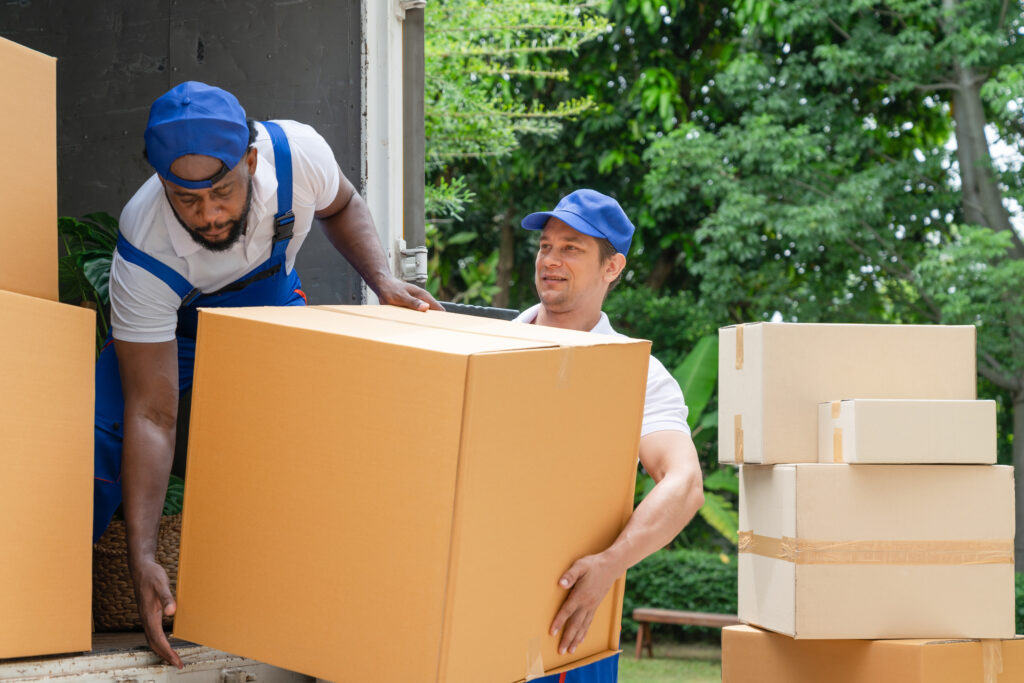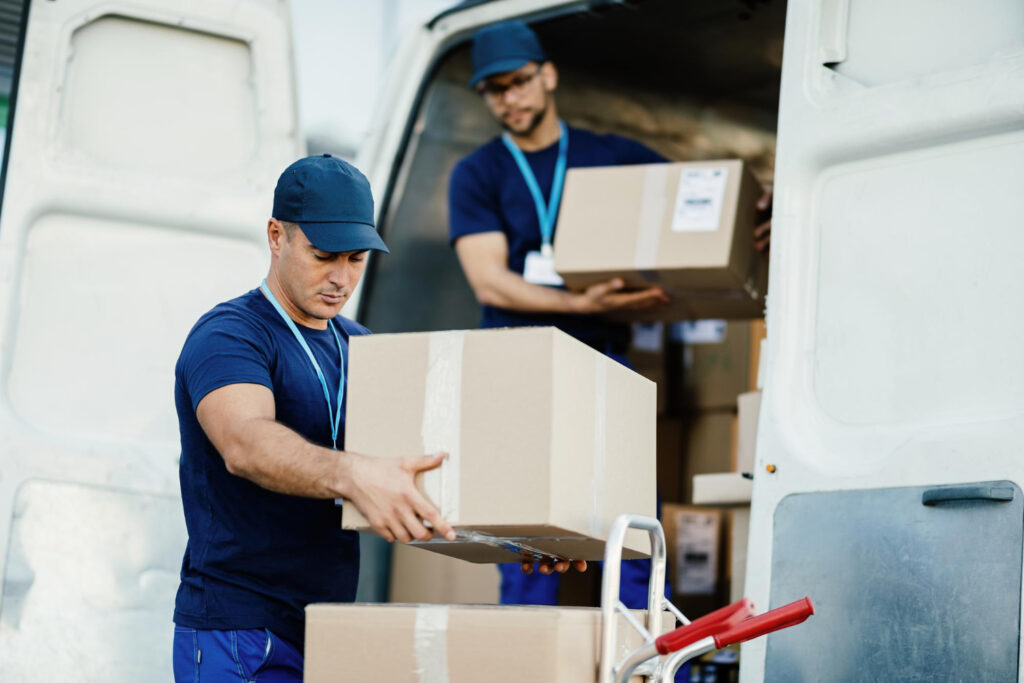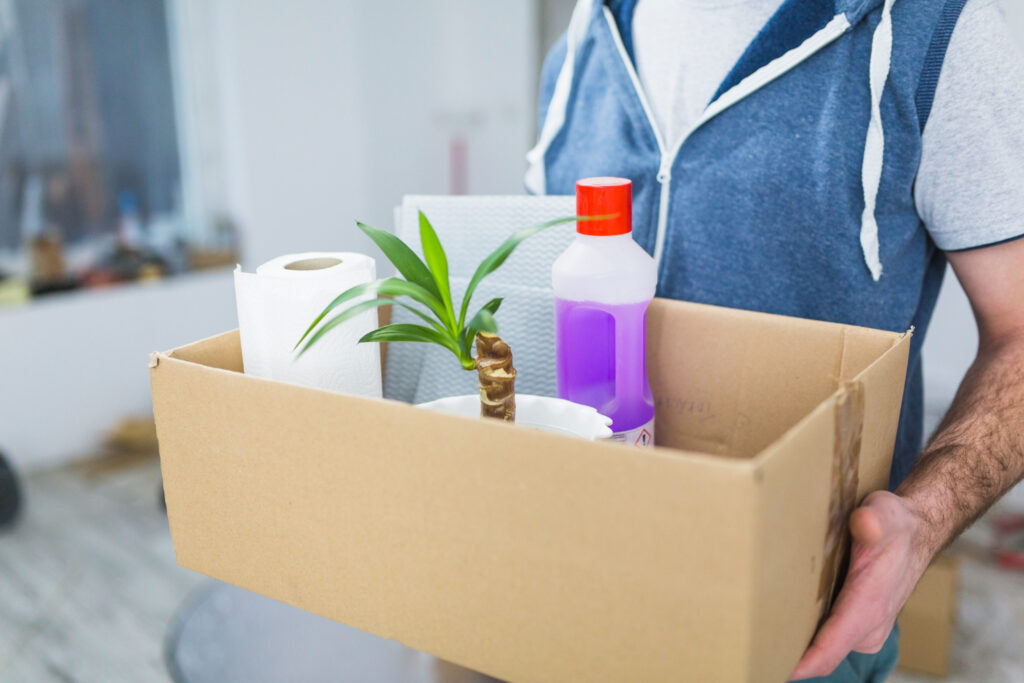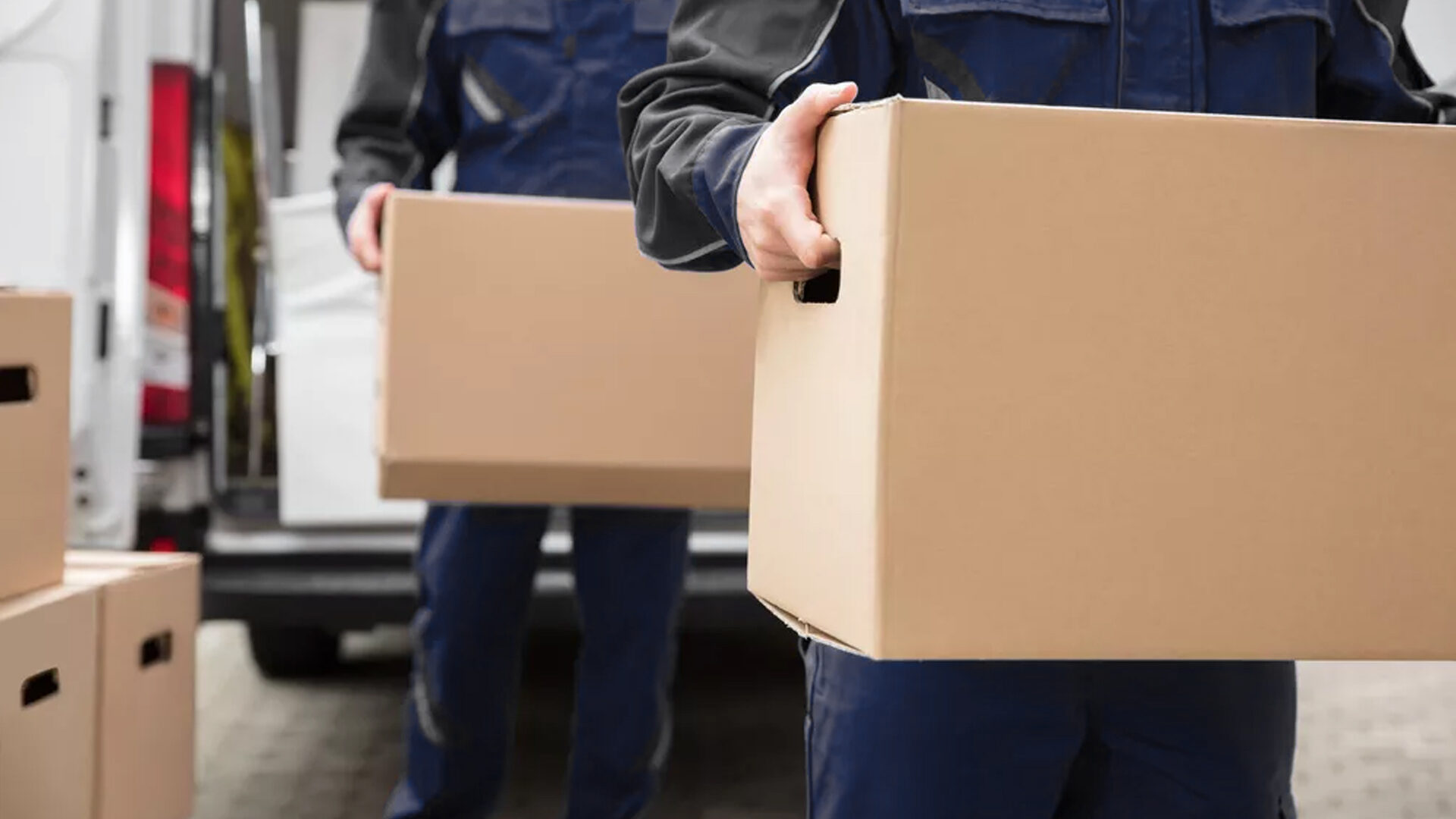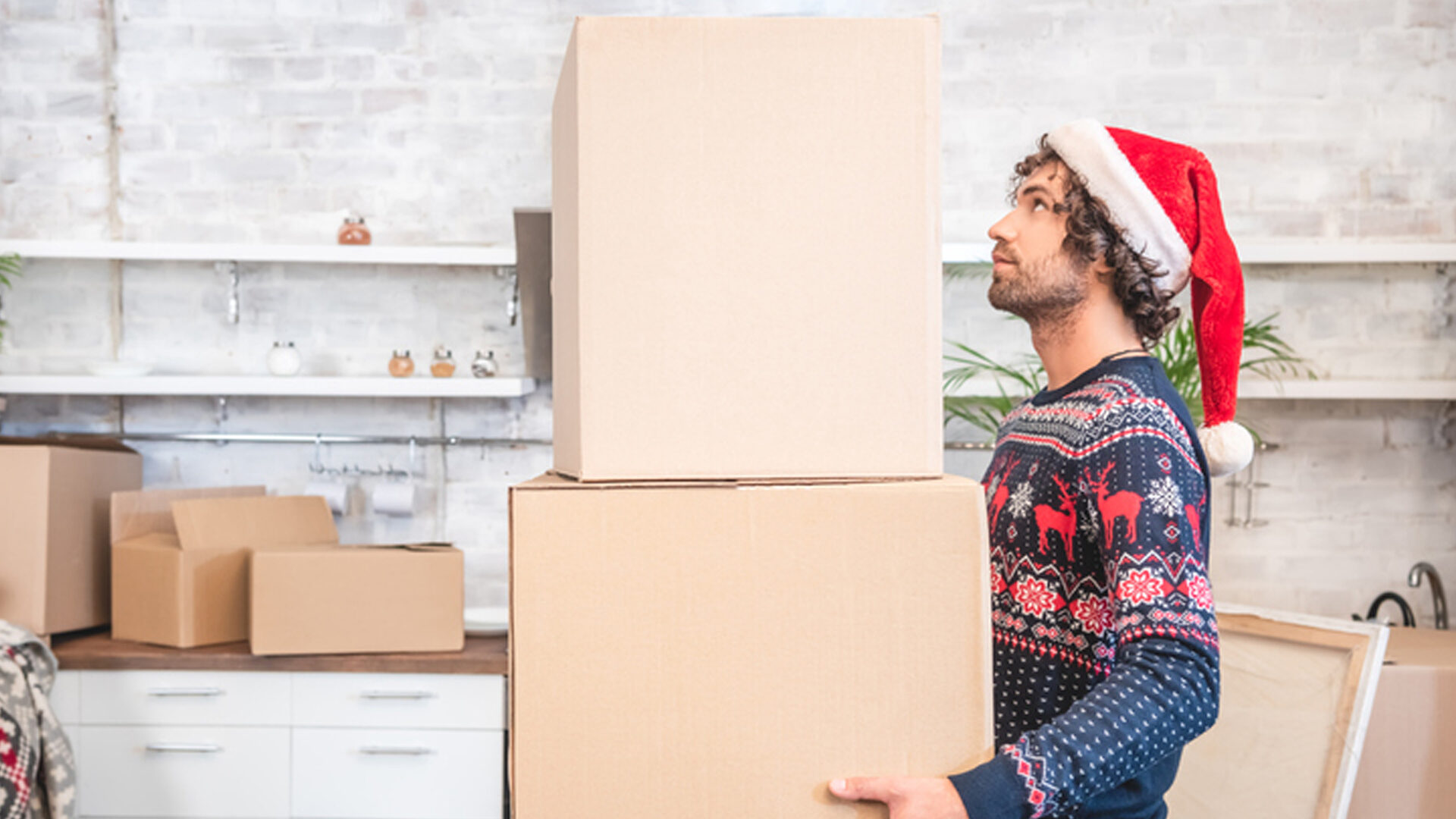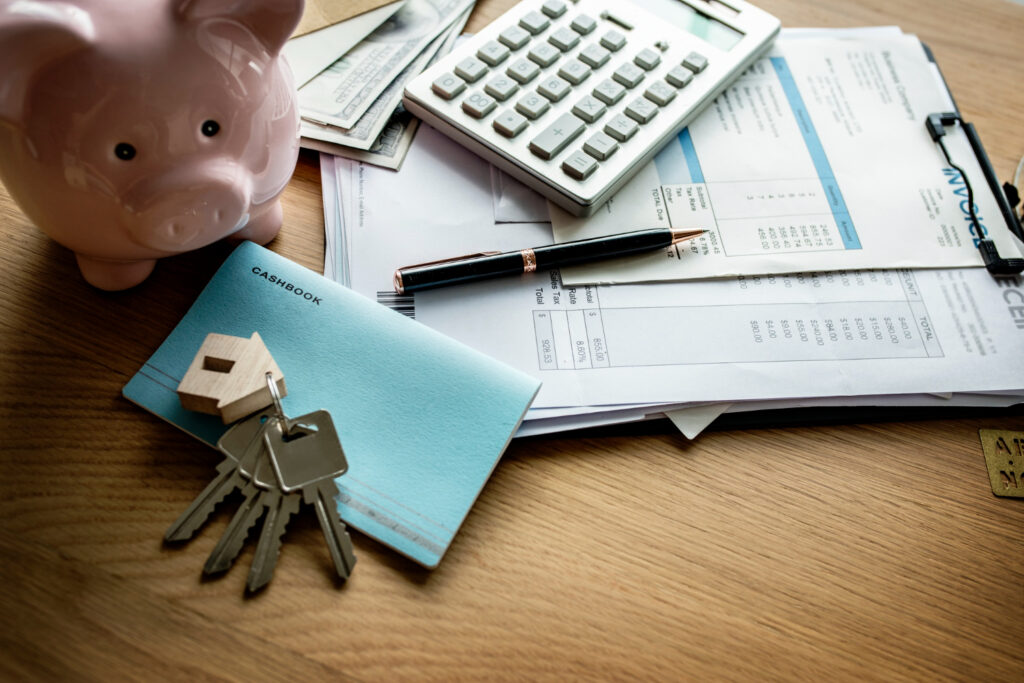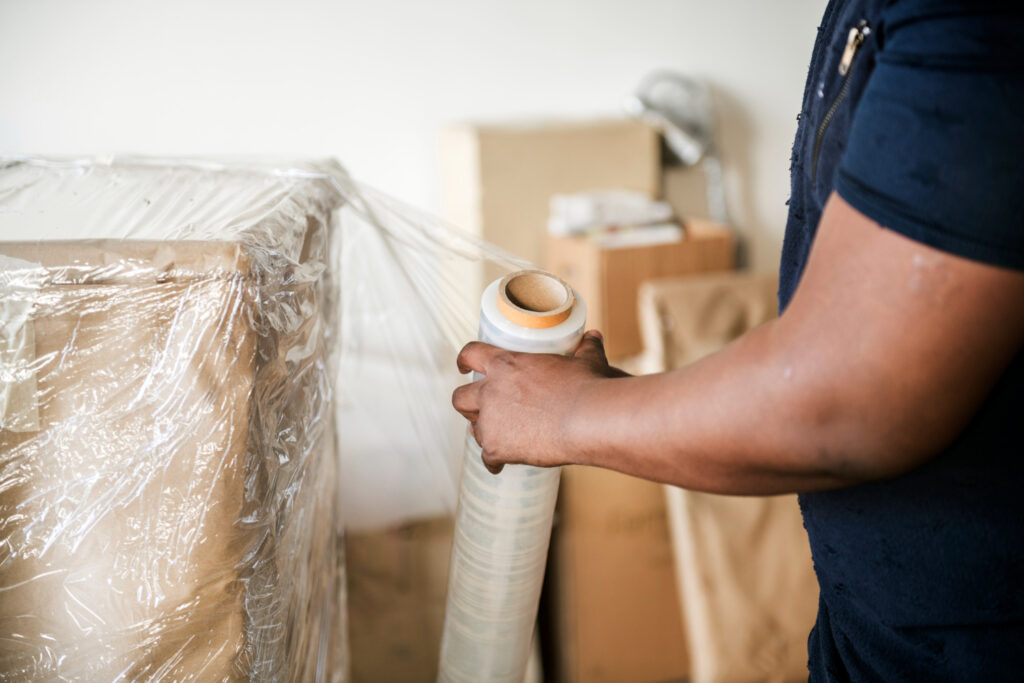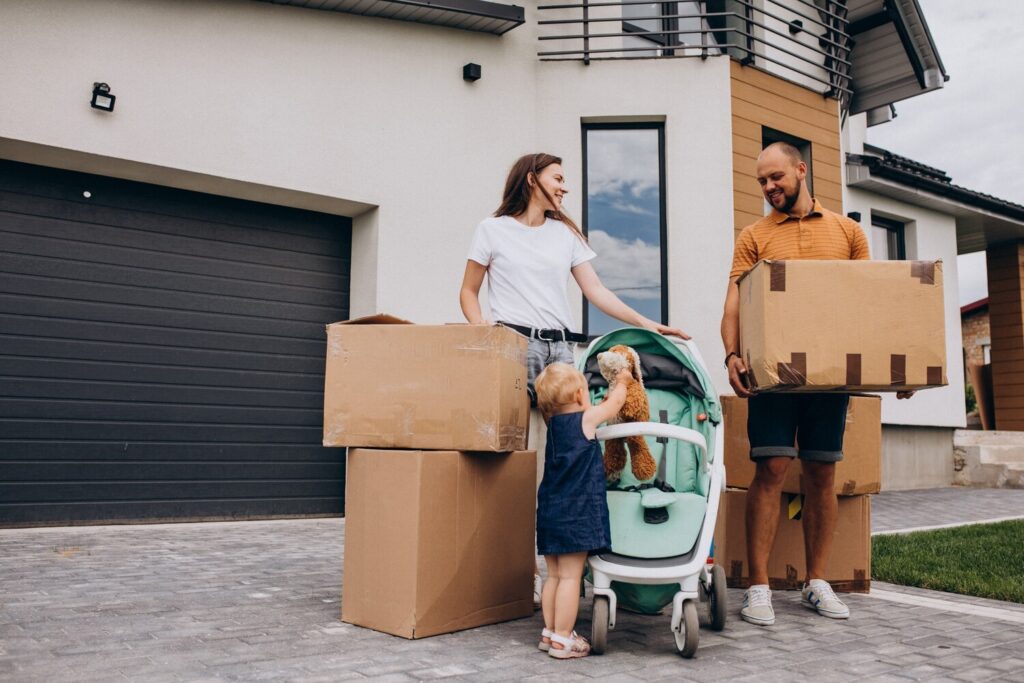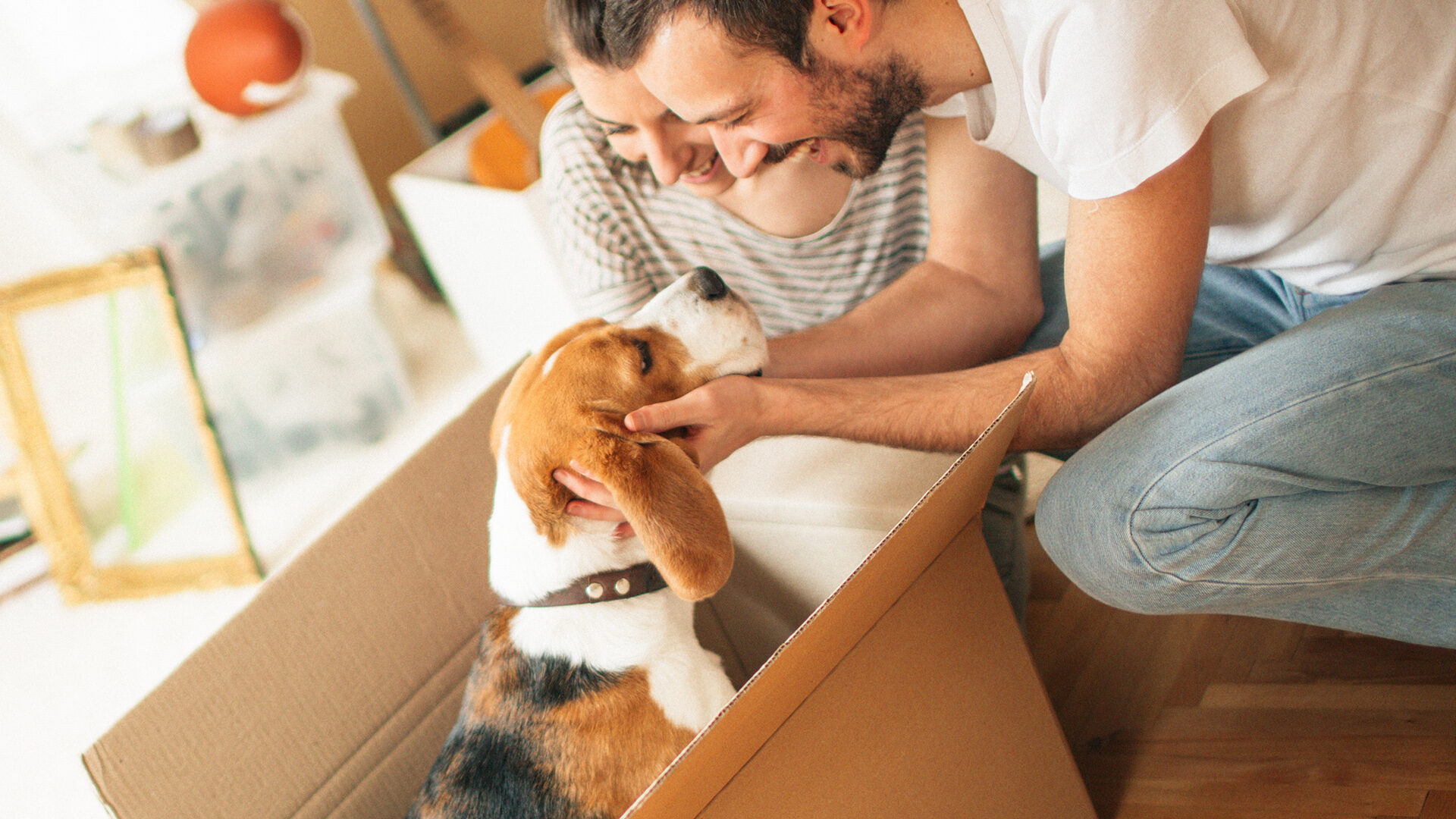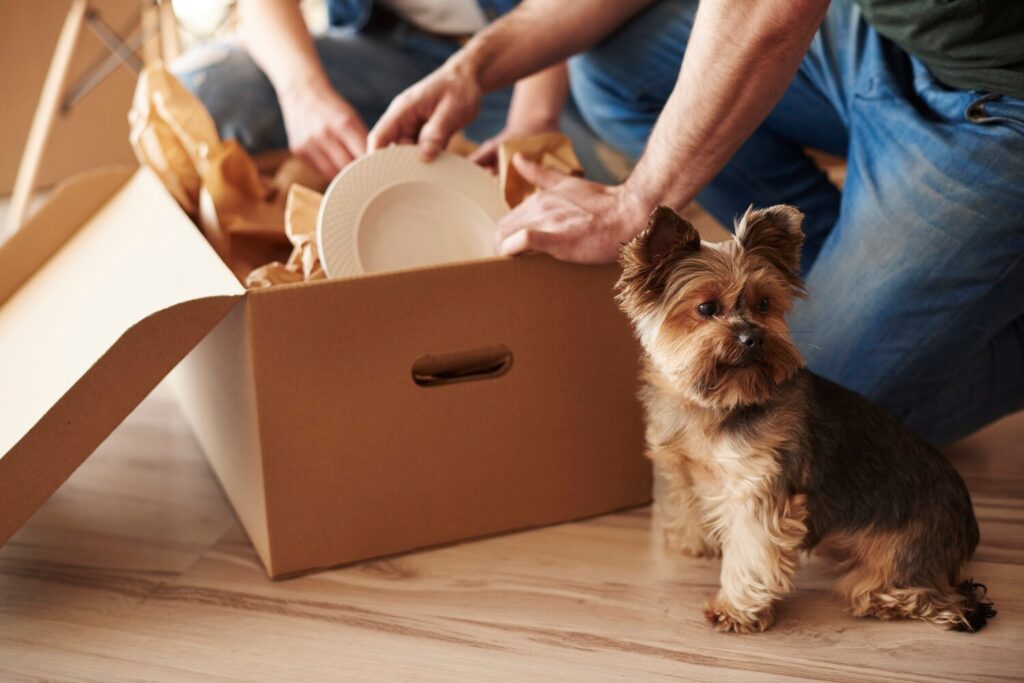11 Apartment Moving Tips for A Seamless Move
Moving may seem exciting initially, but things get overwhelming and stressful when you begin the process. First, you must collect packing supplies, reduce your household to cardboard boxes, and then transport it to a new destination. But things don’t end there. There is an endless list of things to cross from your to-do list after you reach your destination.
Although, everyone needs to put in their share of planning and organization when relocating. But a quick rundown of important helps you crosscheck that everything is covered. So, without any further delay, let’s get moving! Here are some great moving tips that can help.
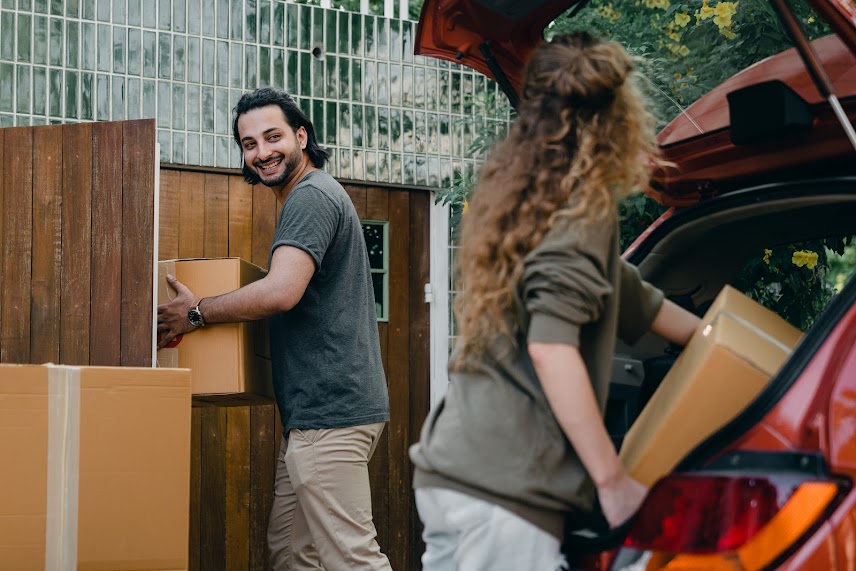
1. Plan Ahead
Moving is not about randomly packing, transporting, and dumping your belongings from one place to another. A considerable share of planning and organization is required.
The best practice is to plan a month before the moving day. Plan about how to pick a good moving company, notify utility companies (of your moving), etc.
If you frequently shop online, you can also start collecting delivery boxes, which can be handy during the move. Also, if you have elderly parents or grandparents moving with you, you should start talking to them so that by the time the moving day arrives, they are mentally prepared because an abrupt move may inflict emotional hurt.
2. Get An Estimate
The next thing is to calculate your budget. Several locally owned moving companies offer lesser price rates as well. But still, it is a clever play to get an estimate before. Many companies provide cost-estimating calculators, so there is no problem in getting an estimate nowadays.
The ideal practice is to get quotes from three movers and then pick the most suitable option. You can also opt for mid-week or mid-month moves as they are relatively inexpensive compared to weekends or moves reserved during the first week of the month.
3. Decluttering
Decluttering before a move simplifies the packing process and helps you start fresh in your new home. Begin by categorizing your belongings into three groups: keep, donate, and discard. Assess each item’s value, usefulness, and emotional significance.
Consider donating gently-used items to local charities, organizing a garage sale, or using online marketplaces to sell unwanted belongings. Discard broken or unusable items responsibly. Decluttering reduces the volume of items to pack, transport, and unpack, saving time, effort, and money. Embrace this opportunity to create a more organized and clutter-free living space in your new home.
4. The Russian Doll Technique
When it comes to moving, packing efficiently can save you both time and space. The Russian Doll technique is a valuable moving tip when organizing your belongings. Inspired by the traditional Russian nesting dolls, this method involves placing smaller items inside larger ones, ultimately reducing the number of boxes needed and optimizing the use of space.
This method is ideal for kitchenware, clothing, and other household items. It helps keep track of smaller items and provides extra cushioning. Always label boxes accurately, mentioning nested things for easy unpacking.
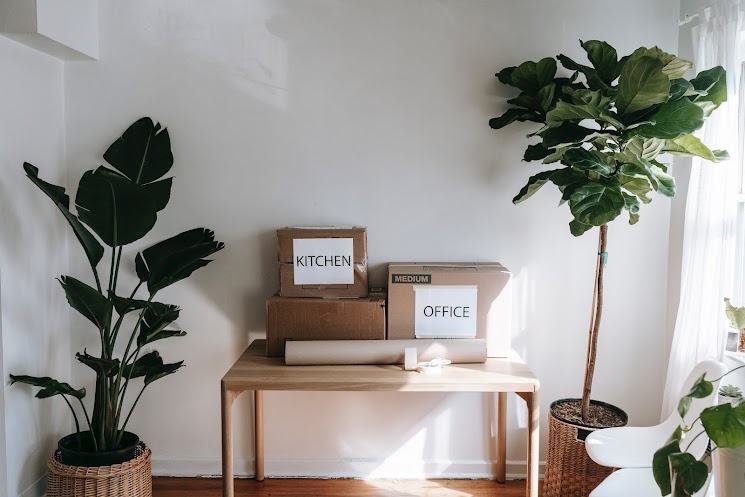
5. Label Your Boxes
Packing is one portion of the story, while unpacking is another. So the clever thing is to work on both plots side by side. Not labeling or insufficiently labeling the boxes creates confusion. Therefore, it is ideal for labeling the boxes in detail. This way, there is no confusion when unpacking, and everything stays accounted for.
Labeling the boxes with fragile items is critical so there is no smashing and shattering during the packing and unpacking.
6. Pack An Essentials Box
An essentials box is a must-have for a stress-free moving experience. It contains items you’ll need immediately upon arrival at your new home, ensuring a comfortable transition. When packing your essentials box, include the following items:
- Toiletries: Toothbrush, toothpaste, soap, shampoo, toilet paper, and towels.
- Medications: Prescription, over-the-counter medications, and a basic first-aid kit.
- Electronics: Chargers for phones, other devices, and any necessary work-related items.
- Snacks and drinks: Non-perishable snacks, bottled water, and utensils.
- Essential documents: Identification, passports, lease or purchase agreements, and insurance papers.
- Pet supplies: Food, water bowls, and a toy or bed for your furry friend.
- Bedding: Sheets, pillows, and a blanket for a comfortable first night’s sleep.
- Essential tools: A flashlight, scissors, a box cutter, and a screwdriver for immediate needs.
- Kids’ essentials: A favorite toy or book to keep children entertained and comforted.
Label the box clearly and load it last so it’s easily accessible upon arrival. By preparing an essentials box, you’ll ensure a smooth and organized start to your new life in your new home.
7. Hire Professional Movers
Hiring professional movers can significantly ease the moving process, saving time and effort. These experts have the skills and equipment to handle your belongings safely, minimizing the risk of damage. When selecting a moving company, research its reputation, read customer reviews, and request quotes from multiple providers. Ensure they’re licensed and insured, and ask about any additional fees. Book your movers well in advance, especially during peak moving seasons. Discuss any special requirements or fragile items beforehand. By hiring professionals, you can focus on other aspects of your move, such as settling into your new home and organizing utilities, with peace of mind.

8. Research Your New Neighborhood
Before moving, it’s essential to research and familiarizes yourself with your new neighborhood to ensure a smooth transition. Investigate nearby amenities such as grocery stores, pharmacies, hospitals, schools, and parks to understand the area’s convenience and accessibility. Assess commuting options, public transportation, and travel times to your workplace or other frequented destinations.
Review crime rates and local news to gauge safety, and explore community events and facilities to connect with your neighbors. Additionally, consider visiting the neighborhood at different times of the day to experience its atmosphere first-hand. By comprehensively understanding your new surroundings, you’ll be better prepared to settle in comfortably and quickly.
9. Notify Your Utility Companies
Informing utility companies about your move is crucial for a seamless transition. Contact your current providers for electricity, gas, water, internet, and cable services at least two weeks before your move. Schedule disconnections the day after you leave and arrange connections at your new home before arrival. Remember to provide your new address for any final bills. Notifying utility companies in advance helps avoid unexpected charges, ensures uninterrupted service, and contributes to a stress-free moving experience.
10. Create An Inventory List
An inventory list is vital for organized packing and unpacking. Begin by categorizing your belongings room-by-room and listing all items within each category. Note any valuable or fragile items requiring special care. This list helps you estimate packing supplies, track belongings during the move, and efficiently unpack at your new home. Additionally, it serves as a reference for any insurance claims in case of loss or damage. An inventory list saves time and effort, making your move more manageable.
11. Take Breaks
During the moving process, taking breaks is essential to maintain your energy and prevent burnout. Schedule regular intervals to rest, hydrate, and have snacks or meals. Taking time to recharge allows you to stay focused, make better decisions, and avoid injuries from overexertion. Breaks also provide opportunities to bond with family and friends, making the moving experience more enjoyable. Remember, pacing yourself and allowing moments of relaxation can lead to a more efficient and successful move.
The Bottom Line
In conclusion, moving to a new apartment is an exciting and overwhelming life event. These helpful moving tips can make the moving process more manageable and less stressful. Plan, stay organized, and take breaks to maintain energy and focus. Prioritize your well-being and the well-being of your family members throughout the move, ensuring that everyone feels comfortable and prepared for this new chapter. With the right approach, you’ll enjoy a smooth transition into your new home, ready to create lasting memories in your new space.
FAQS
1. How to speed up the packing process?
The best way to speed up the packing is to declutter beforehand. Taking out unwanted items does half the work. And then you only have to move from room to room and pack things up.
2. What should you not do when moving?
The one thing you should avoid is procrastinating. Start planning your move. Declutter, trade unnecessary items and set target dates to complete the tasks.
3. Can my move be less stressful?
Rushing things makes them stressful. The ideal practice is to start getting things done right away. Even if you are months away from moving, get going immediately by filtering and packing seasonal items.
4. What to do when professional movers are unpacking your stuff?
Sometimes seeing professionals unpack cardboard boxes in your new place can be overwhelming. You should get out, meet new neighbors or get a snack from nearby spots.
References:
[2] https://gofers.co.uk/packaging/pros-and-cons-of-different-packaging-fillers/
[3] https://www.jchs.harvard.edu/blog/who-is-moving-and-why-seven-questions-about-residential-mobility



